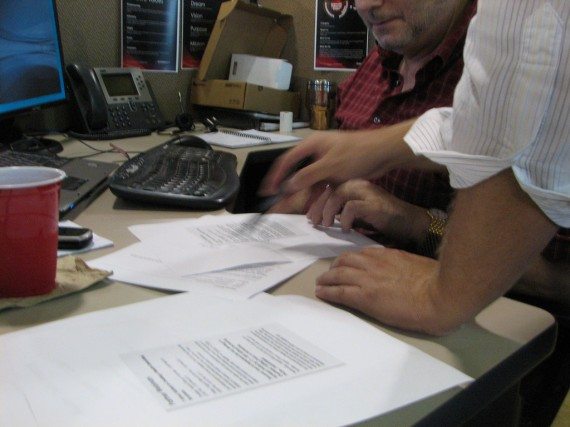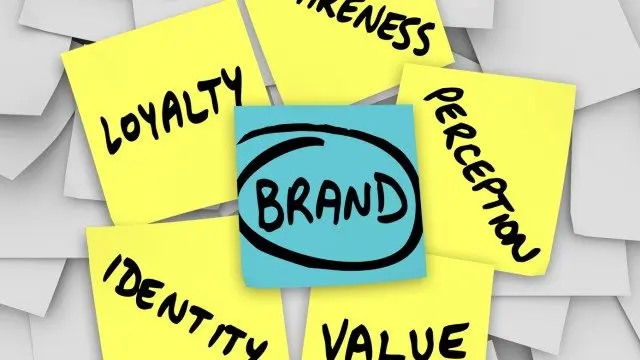
Whether you have a local or an online business, small businesses often have smaller advertising budgets. Making every marketing dollar count is not just efficient business, it’s a necessity. So how do you get the most “bang for your buck” on a smaller budget? Here are a few tips to help.
Brand yourself.
Set yourself apart from the competition. Unless you have a monopoly, there are likely thousands of companies offering the same products or services that you do. What sets you apart from the competition? Focus on that and make your brand unforgettable.
For an online business, this begins with your website. Your domain name should be your company’s name if at all possible. If there are other companies with names similar to yours, consider changing your name to one that will not be easily confused with another company or product. Acquiring a domain name has a fee involved, but using a hosting service is very affordable even for the smallest budgets.
The way you want your brand to be viewed by customers is really up to you. But the important thing is to be consistent. Having a professional website and strong social media presences is important, but also take the time to interact with potential customers and build relationships with them. There may be a lot of man hours up front for this process, but that will drastically be reduced when you’ve established your brand.
Customer satisfaction.
We live in the customer service age. If you do not constantly and consistently deliver superior customer service and satisfaction, you will be forgotten by your customers. New customers cost significantly less to retain then acquiring new customers. Also, word of mouth advertising is free and very effective. Think about the last time you were astounded by superior service. Did you share that experience with others? Did you recommend that company, product or service to someone else? If you were impressed, I will bet the answer is a resounding yes to both. If your customers are thrilled, you can get referrals from them easily.
Know your customers.

Goals.
Define the result you desire from your marketing efforts. Increased awareness? Increased revenue? You will probably have multiple goals, but keep track of what they are so you can measure your success. When you reach your goals, you should set new ones so your company can continue to improve.
Budget and advertise.
Got your target market and goals defined? Great, now plan your budget.

Online marketing can be effective, even on a tight budget. Many platforms are available at little or even no cost; however just using free forms of online marketing may not be the best strategy for your business. Determine which outlets are most relevant for your product or service and be aware that you may need to spend some money to get the desired results.
SEO (Search engine optimization).
Obviously you want to be one of the first results displayed when someone enters search terms relevant to your business in a search engine like Google. To make this happen, you need to make your website more appealing to search engines. Use keywords that are commonly searched, backlink your site, customize the headline and description, etc. are all good practices. SEO can be a complicated and time consuming process, however increased traffic to your website is worth it. You can tackle it on your own, but there are many companies that specialize in this and a lot can be said for hiring the right people to do the proper research. Don’t include just keywords to rank your site; using terms that your audience is looking for will get you the highest conversion rates.
Blogging.
The more site content you have = more opportunities for search engines to pick up your site. Blogging can be a great (and free) tool to generate leads and links into your site. However don’t just produce content for the sake of producing content. Write blog posts that will capture your reader’s interests. Guest blogging is another way to get more traffic for your own site.
Social media.
Be active on social media sites. Use social media to promote your blog posts and communicate with customers. Most people do not follow companies on social media however, unless they are given a reason, so give them an incentive to follow you.



